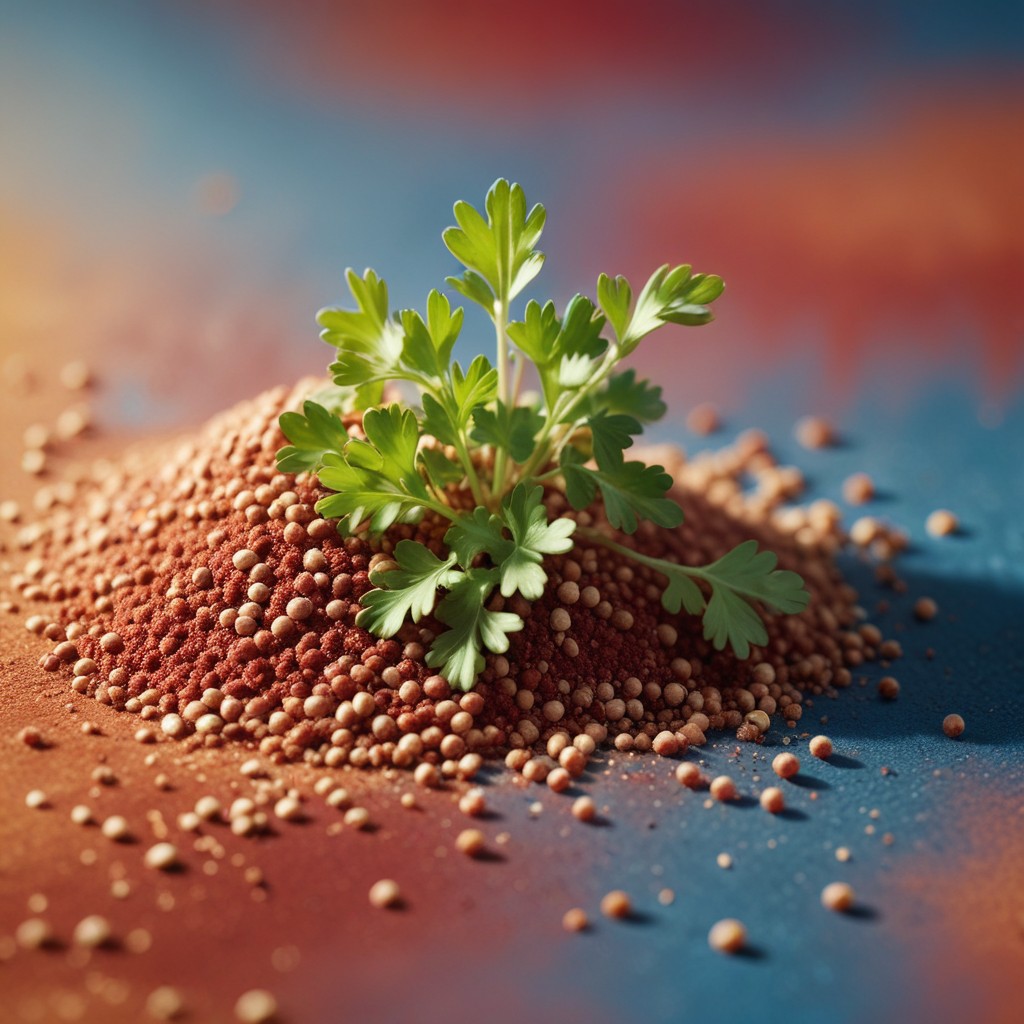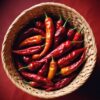Our website is currently undergoing a test run.
Soon stocks will run out
Dont miss this opportunity while supplies last.
Soon stocks will run out
Dont miss this opportunity while supplies last.
Unveiling the Versatile Herb: A Journey through the World of Coriander
Coriander, also known as cilantro or Chinese parsley, is a herb that has been revered for centuries for its distinct flavor and myriad of culinary and medicinal uses. From ancient civilizations to modern kitchens, coriander has remained a staple ingredient, adding depth and complexity to dishes around the globe.
History and Origin:
Coriander has a rich history dating back thousands of years. It is believed to have originated in the Mediterranean region and was cultivated by ancient civilizations such as the Egyptians, Greeks, and Romans. The plant’s seeds were prized for their culinary and medicinal properties, while its fresh leaves were used as a garnish and flavoring agent.
Botanical Characteristics:
Coriander belongs to the Apiaceae family and is closely related to parsley, carrots, and celery. The plant typically grows up to 50 centimeters in height and produces delicate, lacy leaves and small, round seeds. Both the leaves and seeds are edible, although they offer distinct flavors and are used in different ways in cooking.
Culinary Uses:
Coriander is a versatile herb that adds a unique flavor profile to a wide range of dishes. The fresh leaves have a bright, citrusy flavor with hints of sweetness and a slightly peppery undertone. They are commonly used in salads, salsas, and as a garnish for soups, curries, and stir-fries.
Coriander seeds, on the other hand, have a warm, aromatic flavor with citrusy and floral notes. They are often used whole or ground in spice blends, marinades, pickles, and curries. Toasting the seeds before use enhances their flavor and aroma, adding depth to dishes.
Medicinal Benefits:
In addition to its culinary uses, coriander has been valued for its medicinal properties for centuries. The herb is rich in antioxidants, vitamins, and minerals, making it a valuable addition to a healthy diet. Coriander is believed to aid digestion, reduce inflammation, lower cholesterol levels, and promote heart health.
Cultural Significance:
Coriander holds cultural significance in many cuisines around the world. It is a key ingredient in Indian, Mexican, Thai, and Middle Eastern cuisines, where it is used in a variety of traditional dishes. In some cultures, coriander is also associated with symbolism and rituals, representing prosperity, healing, and purification.
Conclusion:
Coriander is much more than just a herb; it is a culinary and cultural treasure that has stood the test of time. Its distinctive flavor, versatility, and health benefits have made it a beloved ingredient in kitchens worldwide. Whether used to add freshness to a salad, depth to a curry, or aroma to a spice blend, coriander continues to enchant and inspire cooks and food lovers alike, reminding us of the rich tapestry of flavors that make up our global culinary heritage.


















